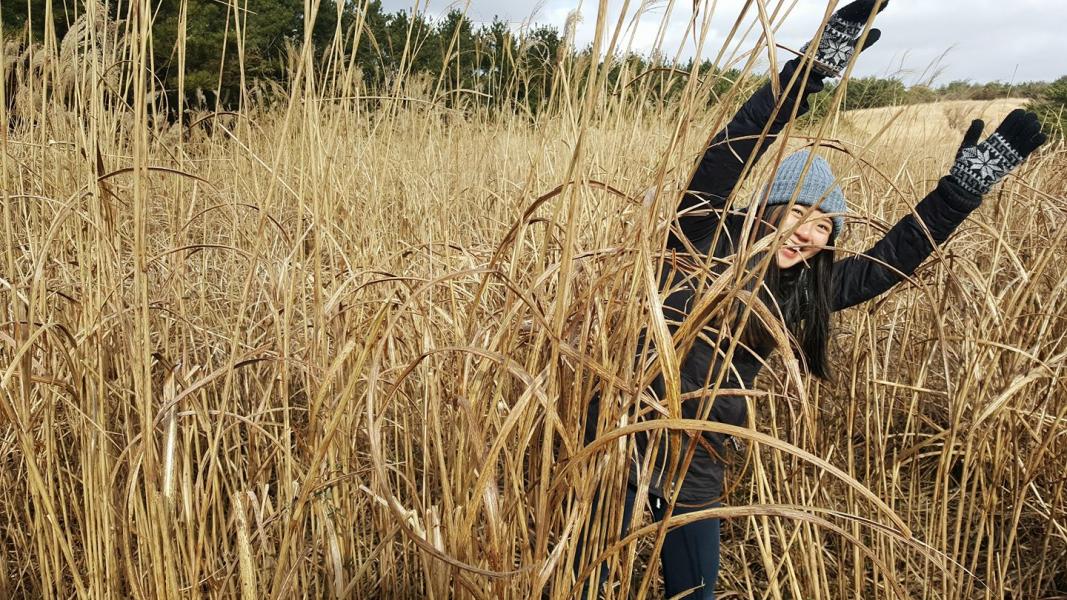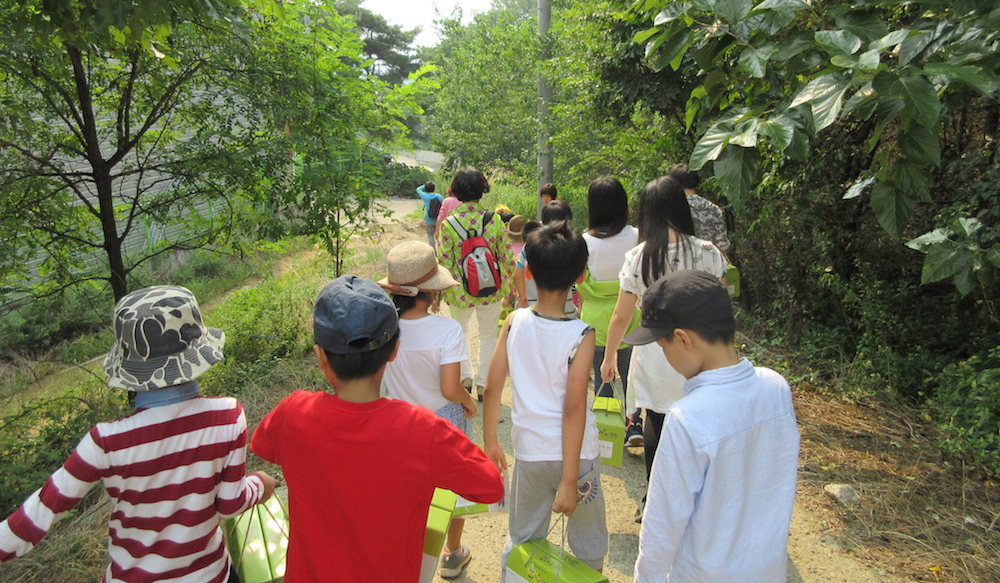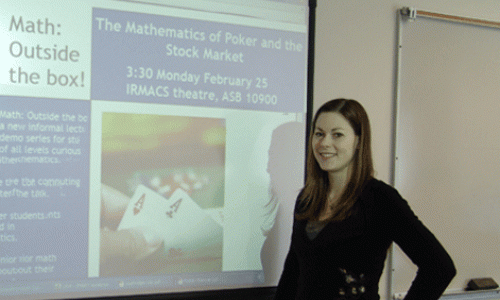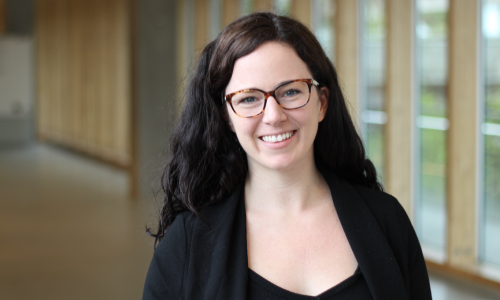
My students are not fluent in English, and I am not fluent in Korean. Yet, I know all sorts of things about them, and they know all sorts of things about me. For instance, they know exactly what I say every day when the clock hits 1:20 PM and they are not shy to beat me to it. Before my first class is about to start, a mini stampede of third-graders bursts into my classroom yelling, “HELLO EVERYONE! LET’S SING THE HELLO SONG!” imitating my voice, smile, and two-handed wave. These cheeky monkeys are a privilege to teach and have made my time in Korea colourful with their endless energy and curious, uninhibited approach to my English class and the world.
Working as an English teacher for Teach and Learn in Korea (TaLK) has been my first opportunity to live abroad. Unlike living back home in Canada, it can be a challenge to communicate with others, whether it be the shopkeeper at my local grocery mart or the teller at the bank. Every time I am required to speak Korean, my face flushes, my heart races, and I quietly mumble the phrases I am comfortable with – even though I am capable of saying more. Similarly, my co-workers have expressed that they feel the same way when they are required to speak English. However, unlike the adults they learn so much from, our students excel far beyond us teachers in their fearless grapple with a foreign language. They are eager and excited to speak English, a language they have worked hard to learn, regardless of their proficiency.

I have one second-grade student in particular who never fails to amaze me. He greets me every class with an enthusiastic burst of all the relevant English phrases he can possibly remember.
“Hello, teacher! It is sunny. I am hot. I am thirsty. I am in the classroom. Game today?” he gleefully exclaims. Then, he looks up at me with hopeful eyes and awaits my response.
“Hi, Chun Yeong! Yes, it is sunny today. Hot? Take off your jacket. Go get a drink. Yes, you are in the classroom. Today, we are playing the ACTING GAME!” I reply enthusiastically while doing all sorts of accompanying gestures.
After gaining my equally-enthusiastic response, he beams, ecstatic that we were able to communicate, and runs off to proudly tell his classmates which game we are going to play. His confident and earnest attitude inspires me not to fear failure or embarrassment. This daily reminder to be fearless has led only to opportunities for me to challenge myself and grow.
One such opportunity arose when I walked into the school’s cafeteria and was met by an empty room apart from a table of cafeteria ladies wearing stunned expressions on their faces. The entire school had gone on a field trip. For once, I was sitting at a table with all of the friendly cafeteria ladies instead of my sixth-grade students. We had gotten used to the daily routine of smiles and greetings but were suddenly plunged into uncharted territory. Instead of doing what would be easy and eating silently, I was motivated by Chun Yeong’s courageous attitude and begun speaking to the women in broken Korean. They giggled and produced warm smiles, appreciative of my sincere attempt. By the end of the lunch period, we were laughing like old friends, showing each other photos, drinking coffee, and having way too much fun using Google Translate. They taught me bits of Korean and I taught them some English in return. Now, they greet me every lunchtime with “Hello! How are you?” followed by a pleased chuckle, and they fill both my heart and belly with warmth.

Just as they are open with their challenges, my students are open with their happiness. They chortle at every silly face I make as if it were the funniest thing they had ever seen in their entire lives. In one instance, my grade one class earned enough class points to have a movie day. Watching their faces, I finally understood why children are so noisy at the movie theatre. They watched The Polar Express and conveyed their amazement and enjoyment at every scene, shouting, “Wow!” and “대박 (awesome)!” My students find joy in everything and would never think it necessary to keep this joy to themselves. They let it radiate in the form of smiles, laughter, and positivity which in turn brings joy to those around them.
Because of TaLK, I have been able to see and do things I had never seen or done before. For the first time, I lived alone, made over one hundred friends in the span of three weeks, taught my own classes, ate squirming octopus legs, fostered a stray kitten, stood atop Mount Seoraksan, and accomplished much more. I have learned conversational Korean, as well as Korean culture, cooking, and history. I have learned how to manage a classroom and how to live on my own. However, out of all of the ways I have grown and learned, I am most grateful for the things that my students have taught me – even if it means I need to make an active effort to be fearless, let myself be vulnerable, and be the only one in the room laughing.
The TaLK Program was cancelled in 2021 because of unforeseen complications from the pandemic. Students interested in teaching in Korea may want to consider the EPIK Program.
Beyond the Blog
-
Are you interested in gaining valuable work experience while traversing the world? Learn more about opportunities like Edna's on the SFU International Co-op homepage.

















